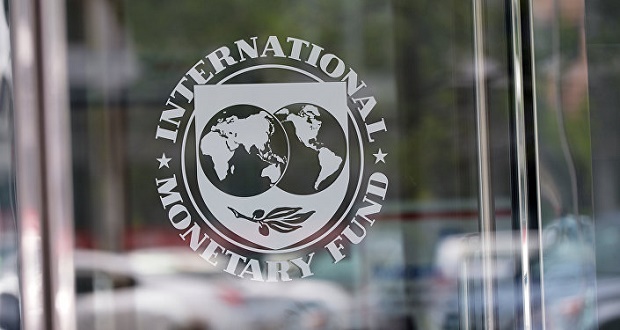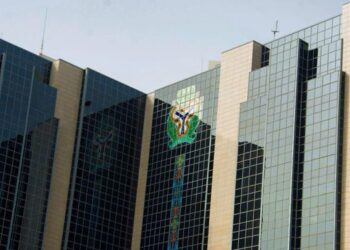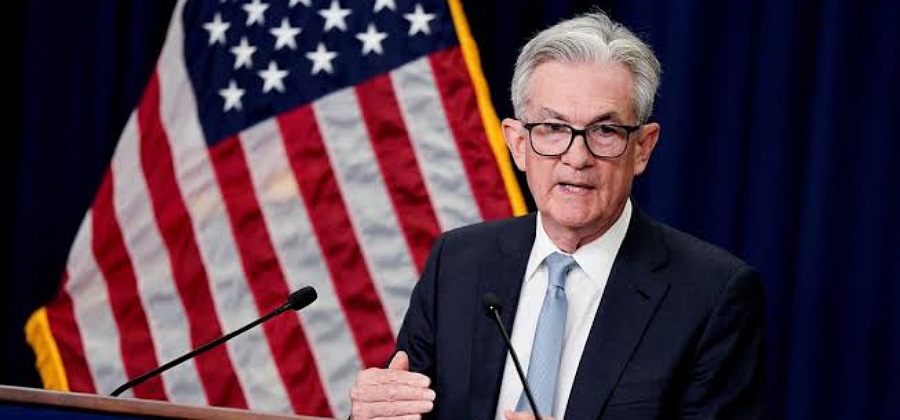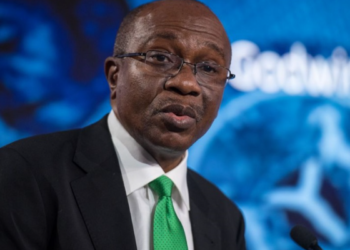The International Monetary Fund (IMF) has put the pressure on Emefiele and company at the Central bank of Nigeria (CBN) with its submission that the CBN may slow Nigeria’s economic growth in the coming years. This, it implied in its World Economic Outlook report, which was released at its headquarters in Washington DC, United States.
In the report as well as in comments made by the IMF’s Economic Counsellor and Director of Research, Maurice Obstfeld, the suspension of further activities or policies to liberalise the forex market by the CBN may slow Nigeria’s economic growth and its recovery from economic slumber. “…concerns about policy implementation, market segmentation in a foreign exchange market that remains dependent on central bank interventions (despite initial steps to liberalise the foreign exchange market), and banking system fragilities are expected to weigh on activity in the medium term.” Obstfeld stated.
The CBN though should have become used to the warnings of doom by the IMF as it repeatedly called for the free float of the Naira during the forex crunch, a step the CBN refused to take as the CBN said it would be inimical to the country’s growth. A few months later and the CBN seems to have been justified as the country exited recession and the Naira’s value became fairly stabilized.
Slight concerns may however creep into the minds of those at the helm of affairs in the CBN as their expected economic growth this year is starting to look unachievable. According to the latest IMF report, Nigeria’s economy is expected to grow by 0.8% driven by oil prices and gains from the agricultural sector.
“Nigeria is expected to emerge from the 2016 recession caused by low oil prices and the disruption of oil production. Growth in 2017 is projected at 0.8 per cent, owing to recovering oil production and ongoing strength in the agricultural sector.” Obstfeld also said.


















